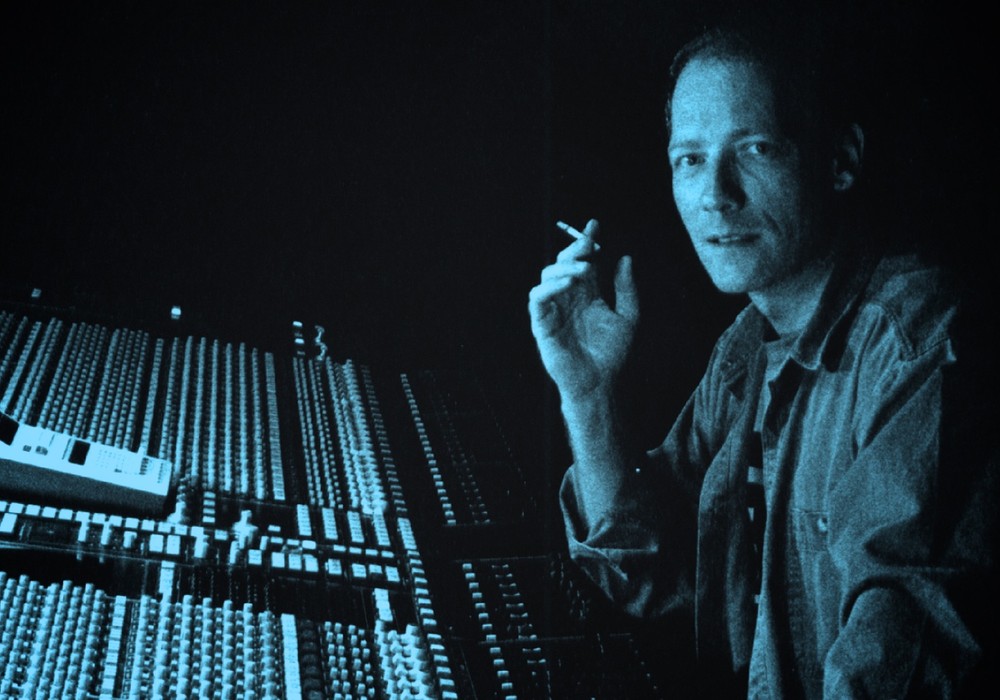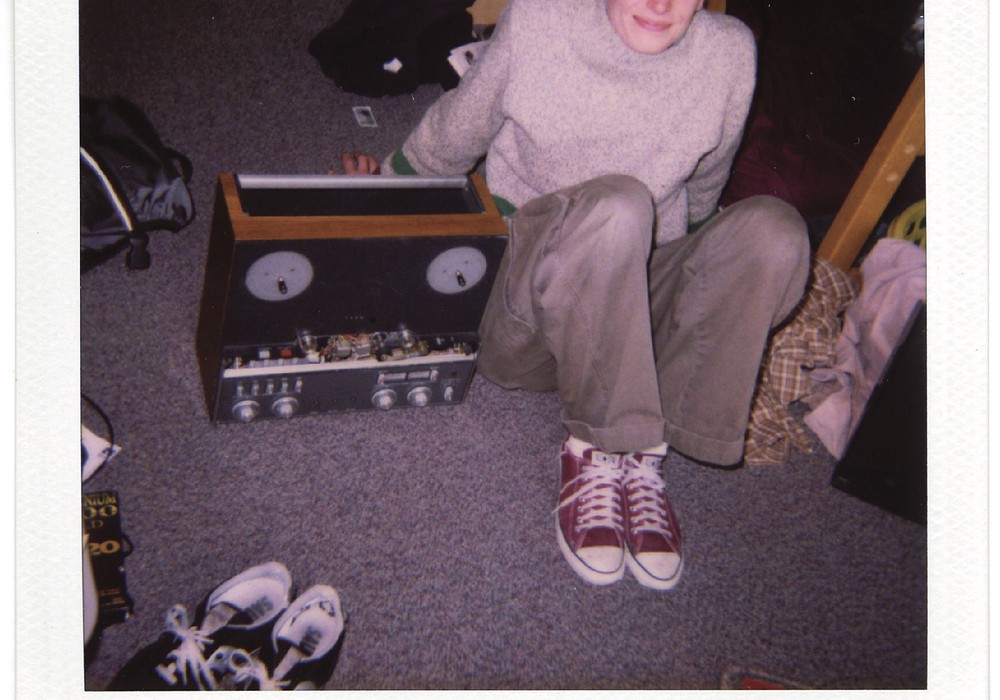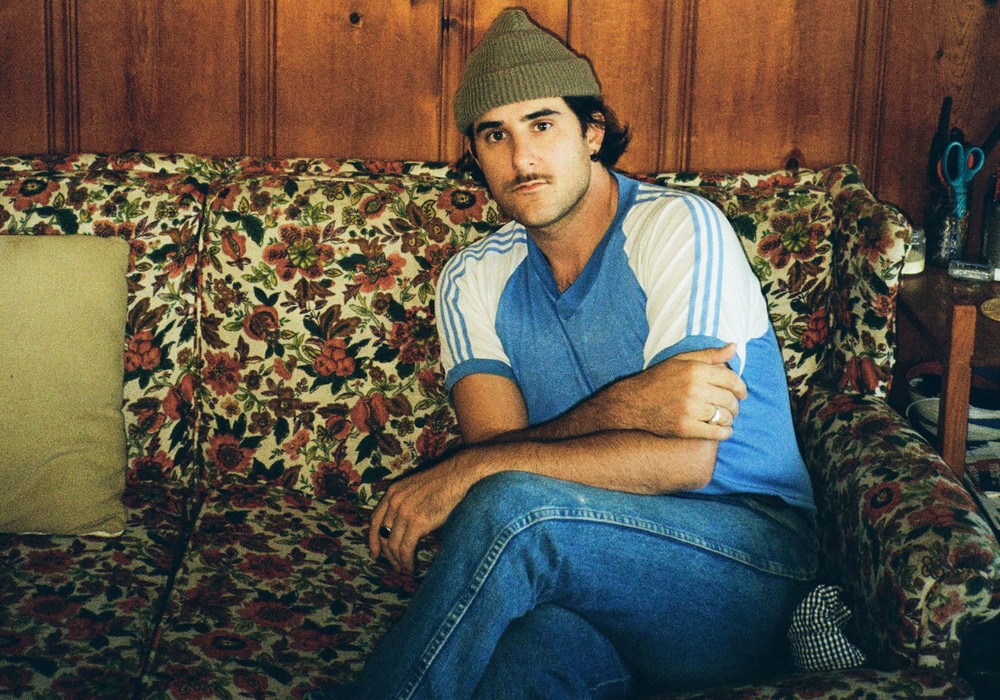If you look at the history of Tears For Fears, the original duo of Roland Orzabal and Curt Smith only made three albums – The Hurting, Songs from the Big Chair, and The Seeds Of Love – before splitting in 1991. But what albums they were! The Hurting proved that new technology could be harnessed in service of very emotional music. Songs from the Big Chair became a massive hit, with expanded production and goals. The Seeds Of Love was a studio tour de force and a massive production. After their breakup, Roland carried the band on without Curt, but a reunion in 2000 led to the album Everybody Loves a Happy Ending. Now, 17 years later, here’s the follow-up, The Tipping Point, and some interesting stories to go with it.
The Tipping Point has a really interesting backstory. I was curious about your previous management, the co-writing, and how that threw everything askew for you two.
Yeah, I guess there were a couple of false starts. I always write songs. I do it all the time. They’re not always what I would consider Tears For Fears songs. The initial thrust was that we would try and do something that had the sparseness and honesty of The Hurting. But, again, that’s easy to say if you’re not in the grip of some belief system – which is what we were when we made The Hurting, with Arthur Janov’s psychology and philosophy. We wrote a few songs in England. We also had another bit of a false start, making a bit more – shall we say – “bombastic” music. Think Queen. We jokingly called the album Tears For Fears, The Musical. That was the point at which our manager, Gary Gersh at the time, came in. We were working with Charlton Pettus, who is our guitarist, co-songwriter, and co-producer; he’s been with the band for many years now. We’d made Everybody Loves a Happy Ending with him in his studio in L.A. Gary came in, and we had about four songs on the go, none of which have made it onto this album. It was a very pleasant meeting, and Charlton’s wife made a lovely lunch. At some point afterwards, Gary said to us, “You’re not going to get a good record made with that guy in that studio.”
Wow.
I mean, based on the material we played him, he had a point. So, we started off on this journey. At the time, Gary was listening to Sohn [Christopher Michael Taylor]. Very contemporary at the time; absolutely beautiful album [Tremors]. The first thing he said was, “Why don’t you do some tracks with him?” That started a whole procedure. At least Sohn tried to come up with very original material. We did a couple of tracks with him. Then we did what we call the “speed dating” writing, with modern hit songwriters. As opposed to not modern hit songwriters? It was all a bit strange. This process took years. I was working in a studio with a collective group; sometimes four or five people, sometimes even more. They’re bringing in what are called top-line guys nowadays.
Melodies and all.
I’m thinking, “Well, what am I then? What am I supposed to be doing here, if I’m not doing the top-line?” I don’t mean to sound arrogant, but here I am working with guys who aren’t as successful as me.
Well, you’ve written some pretty iconic melodies!
Exactly. It’s all quite strange. I also am one of these people who can come up with ideas very quickly when I’m in that slightly meditative state; where I’m opening a part of the brain up to the ether, as we say. I can do that. Also, I can just riff. I can come up with gobbledygook. I am not self-conscious at all. A lot of it is noise, a lot of it is crazy, and a lot of it is dark, like David Bowie. But that’s not how we got the new Tears For Fears album. We got it in the usual way, by a lot of blood, sweat, and tears. A lot of banging our heads against a brick wall. There’s nothing much spontaneous about the new album.
Did you have to take a break, scrap this other way of working, and then reconvene?
Well, no. We actually finished an album. We had 12 tracks in 2016. We had been signed to Warner Bros. Our manager Gary decided that that wasn’t the right place to be, so he approached Universal, who have our back catalog. They had this plan, which is exactly what they’d done with Jeff Lynne [Tape Op #92], and it worked. They took two of the songs [“Stay” and “I Love You but I’m Lost”] and put out a greatest hits with the two new songs [Rule the World: The Greatest Hits]. Once that got in the charts, they would come out with our new album. In the process, Universal...



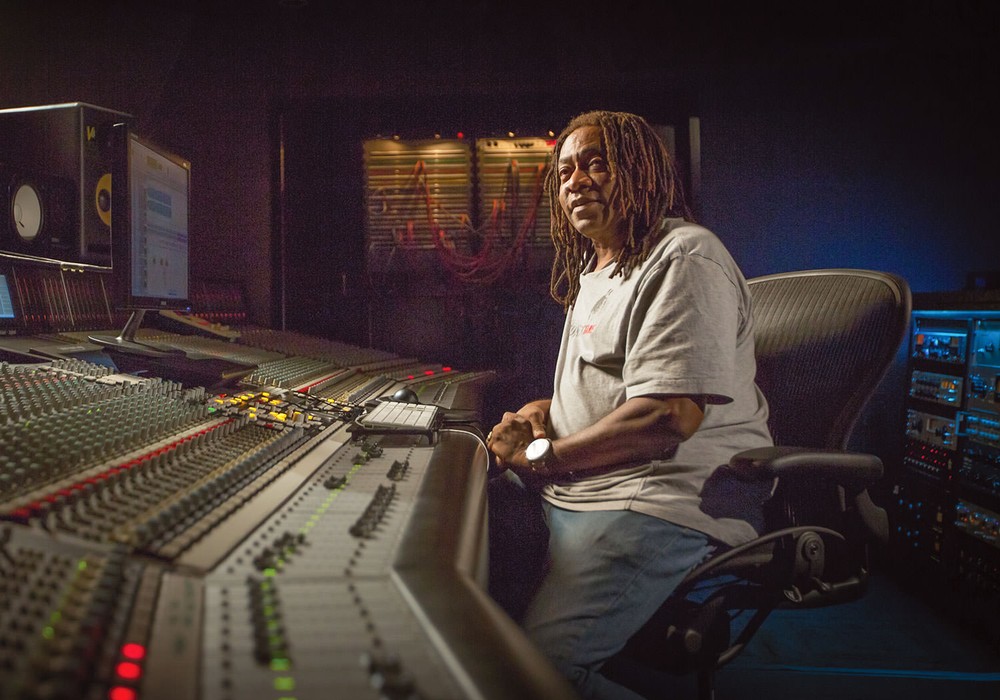

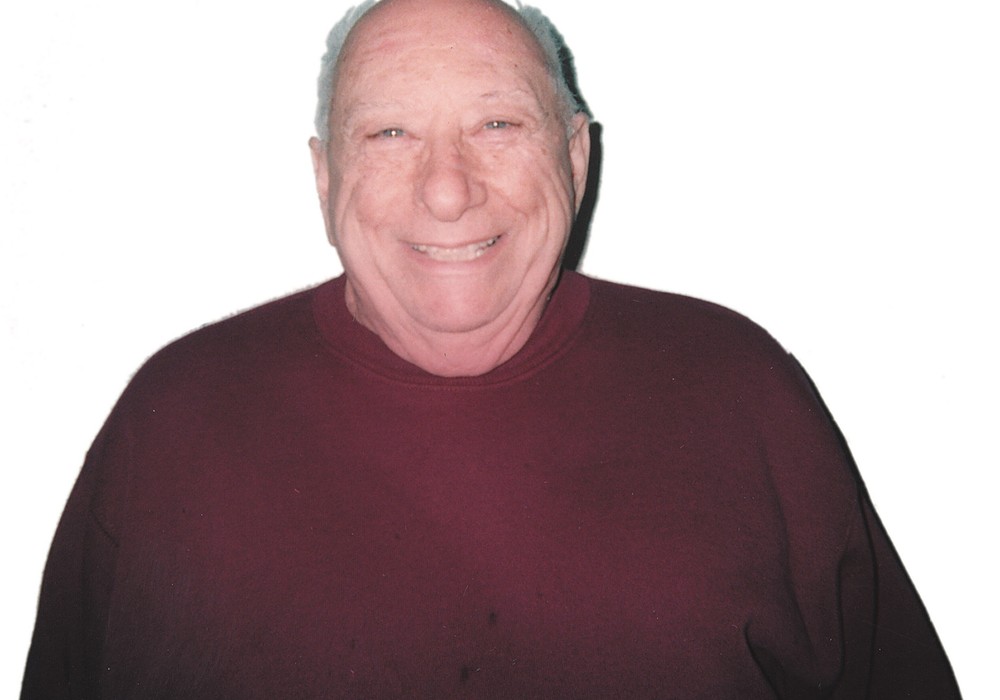
_display_horizontal.jpeg)
